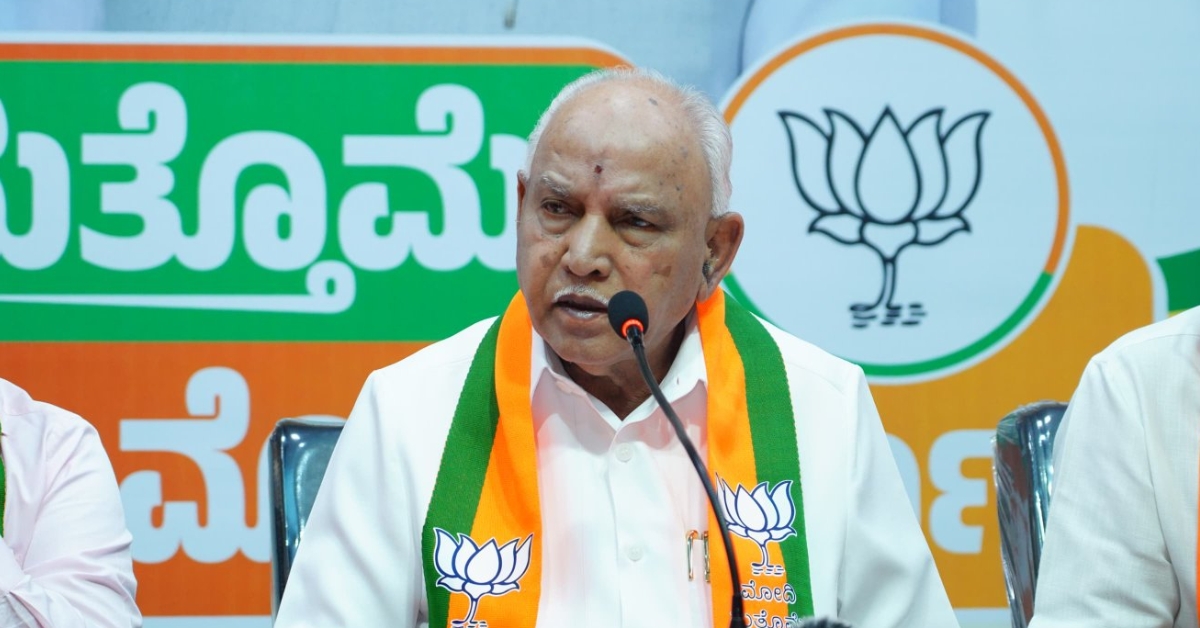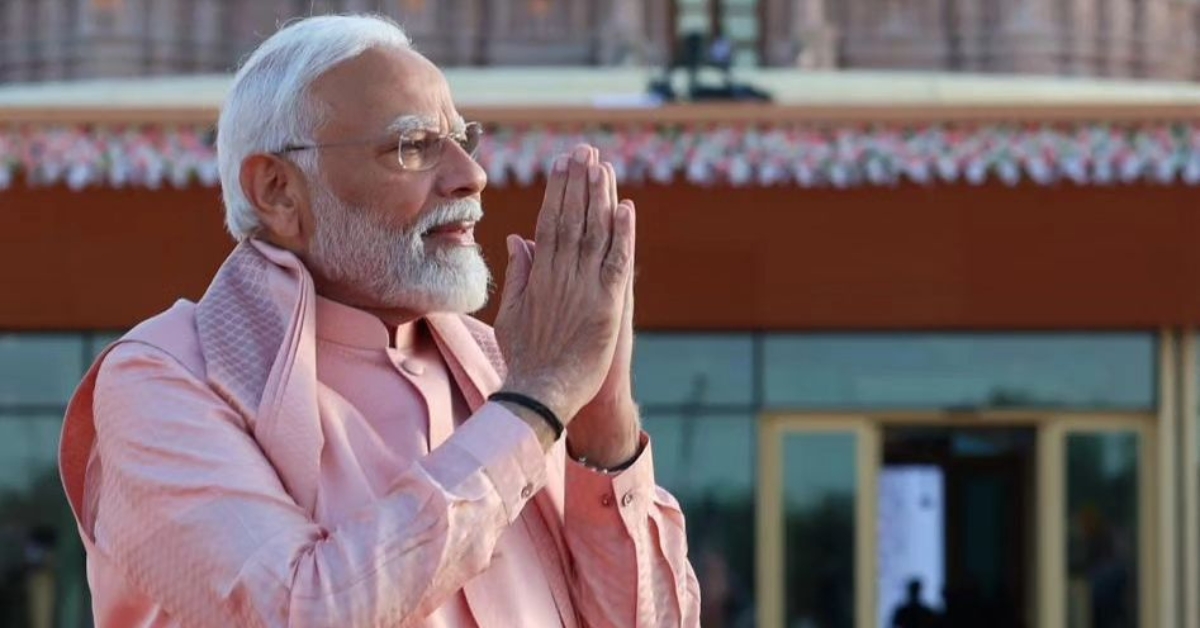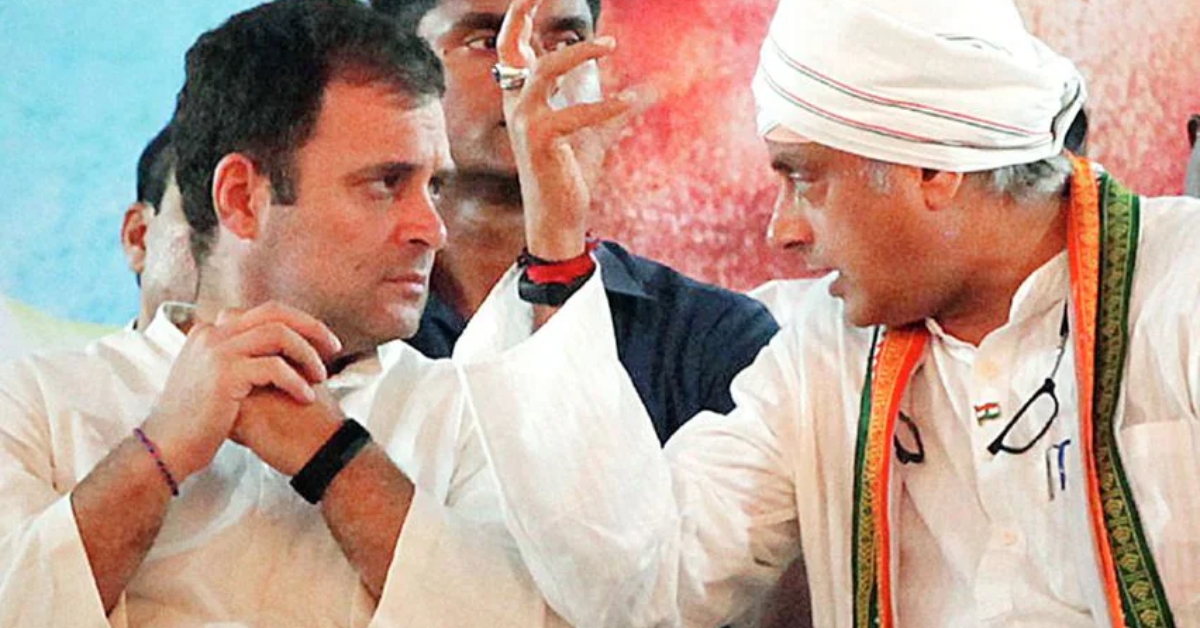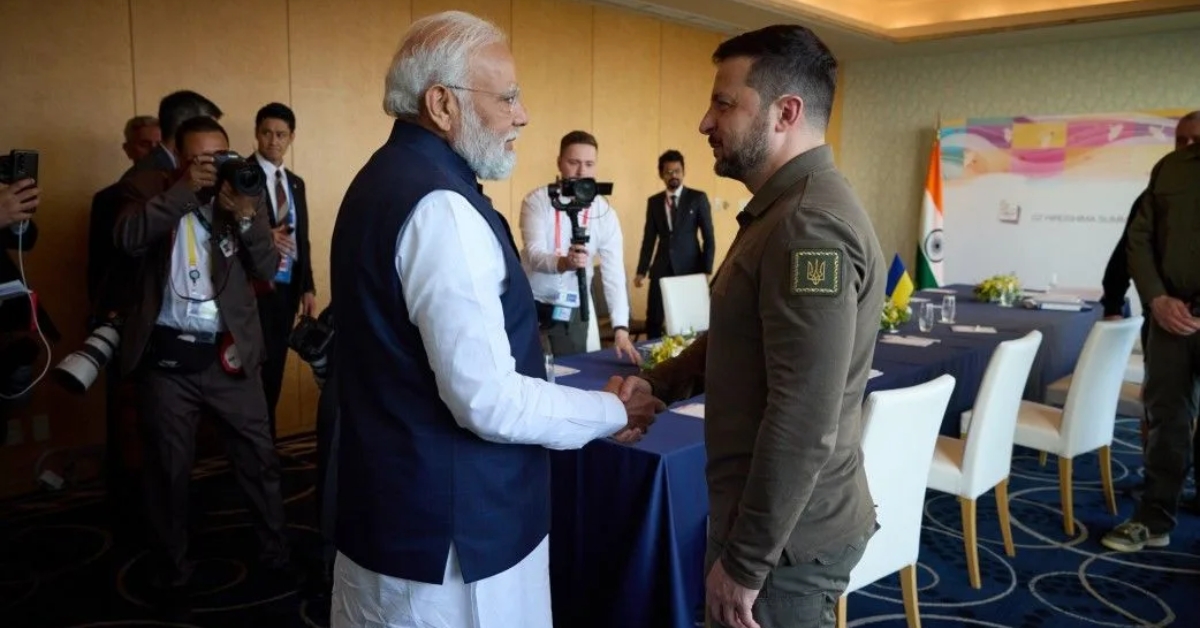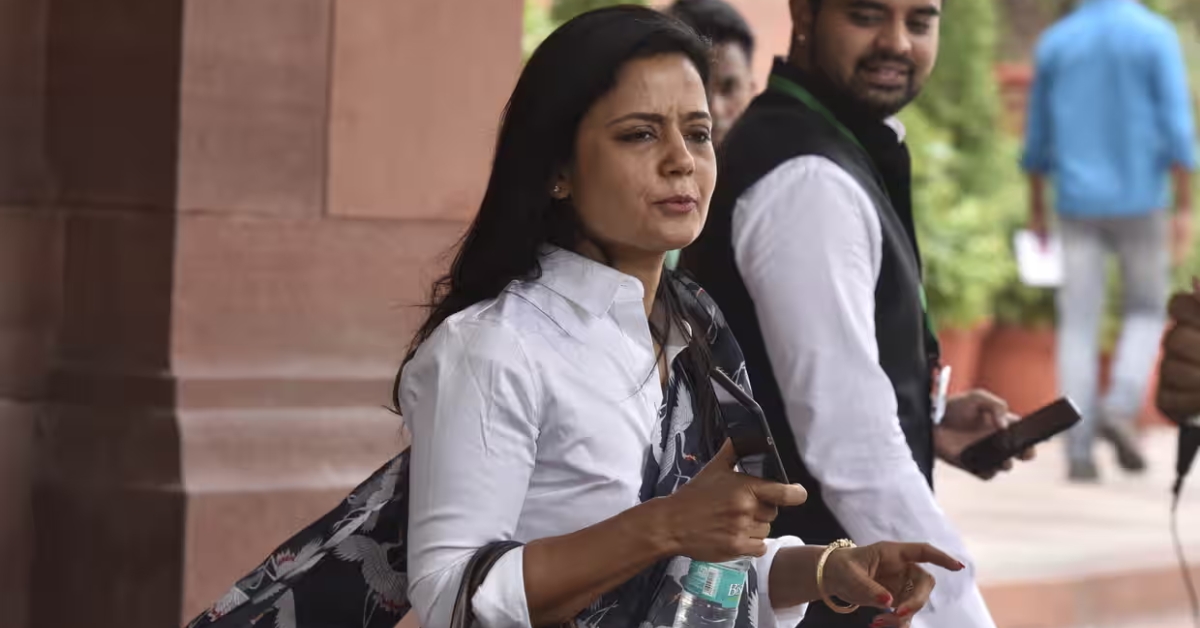Learn about the controversy surrounding Karnataka Congress’s decision to remove the chapter on KB Hedgewar from school textbooks. Explore the debate on historical representation and its impact on education.
Table of Contents
Introduction
In a significant move, the Karnataka Congress has removed the chapter dedicated to Rashtriya Swayamsevak Sangh (RSS) founder KB Hedgewar from school textbooks.
This decision has sparked a heated debate between political parties and raised questions about the representation of historical figures in educational curricula.
From the Congress party, B.K. Hariprasad criticized Hedgewar’s legacy, claiming he had written six mercy petitions to the British.
According to Hariprasad, such chapters glorify individuals who sought clemency from the colonial rulers.
The Controversy Unfolds
The controversy surrounding the inclusion of a chapter on KB Hedgewar in school textbooks began when the Bharatiya Janata Party (BJP) recently introduced it.
The decision to include this chapter was made after consultations with a committee led by right-wing writer Rohith Chakrathirtha.
The move was met with mixed reactions, with supporters of the BJP applauding the recognition of Hedgewar’s contribution to the RSS.
In contrast, others expressed concern about the implications of such a decision.
Congress Takes a Stand
The Karnataka Congress, however, has taken a firm stand against including a chapter on KB Hedgewar in the textbooks.
The party believes that teaching about individuals who had allegedly submitted mercy petitions to the British undermines the spirit of courage and resilience among the youth.
In a statement, Bk Hariprasad emphasized the party’s position:
“We do not want to teach our children chapters on cowards.”
Historical Representation in Education
The debate over historical representation in educational materials is not a new phenomenon.
It often involves conflicting perspectives, with different political and social groups advocating for the inclusion or exclusion of certain figures based on their ideologies or actions.
In this case, the Karnataka Congress has expressed reservations about highlighting KB Hedgewar’s role due to the alleged mercy petitions he wrote during British colonial rule.
Shaping the Minds of the Future
Education plays a crucial role in shaping the minds of the younger generation.
The content presented in textbooks significantly impacts students’ understanding of history, politics, and society.
It is essential to carefully consider the inclusion of individuals and their actions to present a comprehensive and balanced view of history.
The decision to exclude the chapter on KB Hedgewar reflects the Karnataka Congress’s belief that glorifying individuals who sought clemency compromises the ideals of courage and independence.
Conclusion
The Karnataka Congress’s decision to drop the chapter on KB Hedgewar from school textbooks has generated considerable debate.
The party’s concern about teaching children about historical figures who allegedly wrote mercy petitions to the British has ignited discussions on the representation of individuals in educational curricula.
As the education system evolves, it is crucial to balance providing accurate historical information and shaping young minds with values that align with the aspirations of an independent and courageous nation.
FAQs
Why did the Karnataka Congress decide to remove the chapter on KB Hedgewar?
The Karnataka Congress believes that teaching about individuals who wrote mercy petitions to the British compromises the spirit of courage and independence.
Who introduced the chapter on KB Hedgewar in school textbooks?
The Bharatiya Janata Party (BJP) introduced the chapter after consulting with a committee led by right-wing writer Rohith Chakrathirtha.
What are the concerns raised about including the chapter on KB Hedgewar?
Critics argue that glorifying individuals who sought clemency from colonial rulers undermines the ideals of courage and resilience.
Why is historical representation in education important?
Historical representation shapes students’ understanding of history, politics, and society. Presenting a comprehensive and balanced view to foster critical thinking and a broader perspective is essential.
How does the decision to drop the chapter impact the education system?
The decision raises questions about the criteria for selecting historical figures in educational curricula and the values imparted to students.

